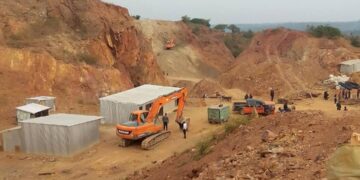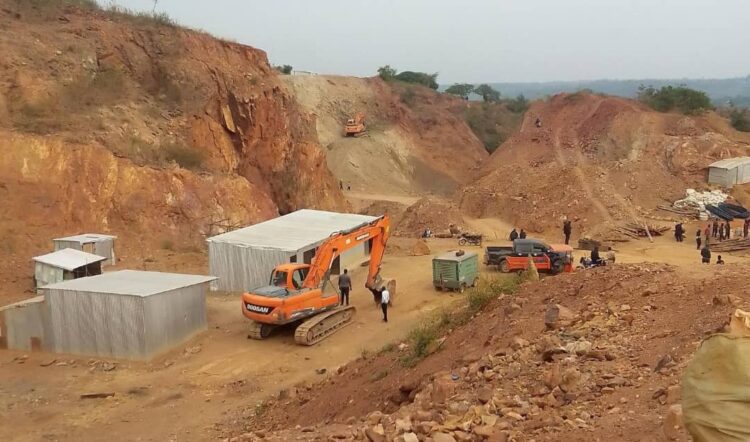OPINION
In the earliest of August, this year, President Yoweri Kaguta Museveni officially commissioned the Wagagai Gold Mining Project in Busia District. During the ceremony, the President stressed the importance of value addition in the minerals sector, stating that, in order to wake up in the minerals sector, we must have full value addition for all minerals, like gold, lithium, tin, among others. Why? Because we get more money which can create more jobs and it consumes more electricity. “The president said during commissioning.
The truth is that Uganda is endowed with favorable geological environments that hosts a wide range and a variety of mineral deposits. According to the Ministry of Energy and Mineral Development (MEMD), Uganda hosts more than 50 minerals which include 31 million tonnes of gold, 560 million tonnes of iron ore and 7.8 million tonnes of copper. With the country’s ambition to grow its economy tenfold from USD 50 billion in 2025 to USD 500 billion by 2040, these minerals present a unique opportunity for fiscal revenue generation, technology transfer and job creation.
However, despite Uganda being richly blessed with such minerals that can drive clean energy transition, the country continues to face persistent financial constraints. This paradox stems largely from weak governance, unfair economic structures and limited local value addition. For many years, Uganda and other low and middle-income countries except China, have primarily exported raw minerals with minimal local processing.
This means the country loses out on higher revenues, industrial growth and employment opportunities that come from refining and manufacturing. To position the country to benefit from its critical minerals, we need to recognize and prioritize value addition and empower local artisan miners about the value of these critical minerals in the energy transition.
Additionally, the poor management and corruption have also undermined Uganda’s ability to benefit from its mineral wealth. Revenues from extractive industries are often misused or diverted by a small elite, leaving little to support public services such as education, healthcare and infrastructure. The lack of transparency in mining and oil contracts further fuels inefficiency and public mistrust.
Secondly, most extraction deals heavily favor foreign investors. Multinational corporations dominate Uganda’s mineral sector, repatriating profits abroad while the country earns minimal royalties or taxes. This reflects a wider “resource curse,” where resource-rich nations remain poor because of exploitative global trade systems and weak domestic bargaining power.
Moreover, tax evasion, illicit financial flows and limited institutional capacity to monitor production reduce government income. Uganda’s dependence on foreign loans and aid deepens the problem, as large portions of national revenue go towards debt repayment instead of development. Ultimately, Uganda’s cash-starved condition is not due to a lack of natural resources, but rather how these resources are governed and utilized. Without stronger institutions, transparent contracts and investment in value addition, mineral wealth will continue to enrich a few while the nation remains financially constrained.
Ugandan government need a deep rethink on how it can address its vast development challenges affecting the mining sector if it is to meet the goals of Agenda 2063, the UN 2030 agenda for sustainable development and various development goals while positioning themselves at the centre of the global clean energy transition agenda
By Olive Atuhaire,
The writer is a Ugandan Climate Activist
Email: atuhaireolivia72.ao@gmail.com








































